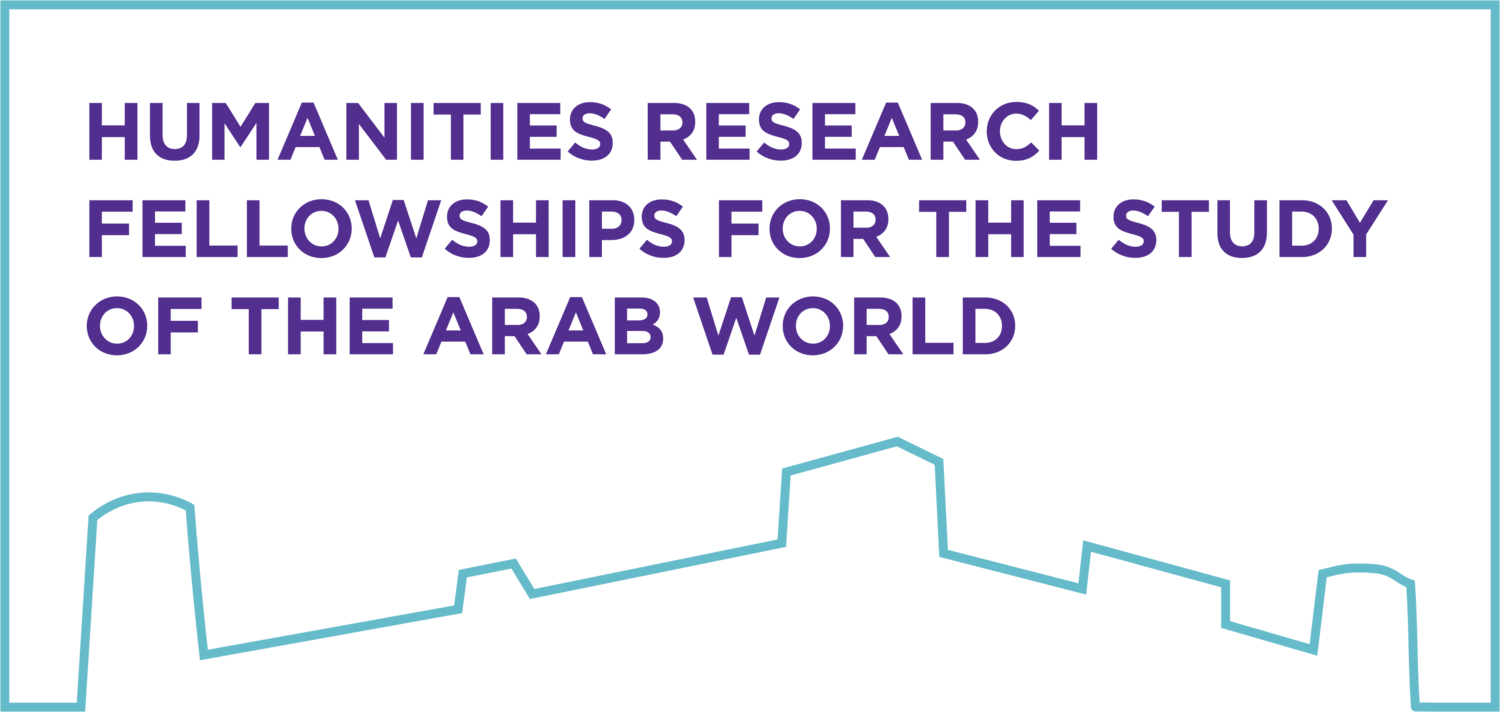Reynolds Richter
Humanities Research Fellow
Education: BA, University of North Carolina; MA, Yale University
About Reynolds
Reynolds Richter is a PhD candidate in History at New York University, specializing in modern African history and colonial legal history. His work contributes to ongoing debates about land, ethnicity, and citizenship in Africa by showing how possibilities for unifying Kenya’s plural legal system — comprised of “customary,” Islamic, and English law jurisdictions — opened and closed during the era of decolonization and independence.
His dissertation, “Law, Decolonization, and the Re-Making of Property in Coastal Kenya, 1945-1981,” explores how the Kenyan state’s efforts to replace the plurality of forms of land ownership with a single model based on English law created an institutional environment in which, paradoxically, land claims based on social status and local history could thrive. The project analyzes records of land disputes in the coastal hinterland to reveal how the region’s local courts became sites for the continual re-negotiation of generational authority, local belonging, and gendered property relations.
Before coming to NYU, Richter received an MA in African Studies from Yale University and a BA in International Studies and Political Science from the University of North Carolina at Chapel Hill. In addition to the NYU Abu Dhabi Humanities Research Fellowship, his research has been funded by the Fulbright-Hayes Doctoral Dissertation Research Award, the Foreign Language and Area Studies Fellowship, and a Mellon Dissertation Fellowship in the Humanities at New York University. His future plans include completing his first book manuscript and embarking on a new project that explores the legal culture of risk in postcolonial East Africa.
Events
In the News
A Varied Landscape of Humanities Research
A detailed history of OPEC, the complexities of land ownership in Kenya, and ethical positions of sonic practices and performance in Morocco — three areas of study being investigated by the first recipients of the NYU Abu Dhabi Humanities Research Fellowship Program — appear to be as far ranging as it gets.
June 25, 2014

